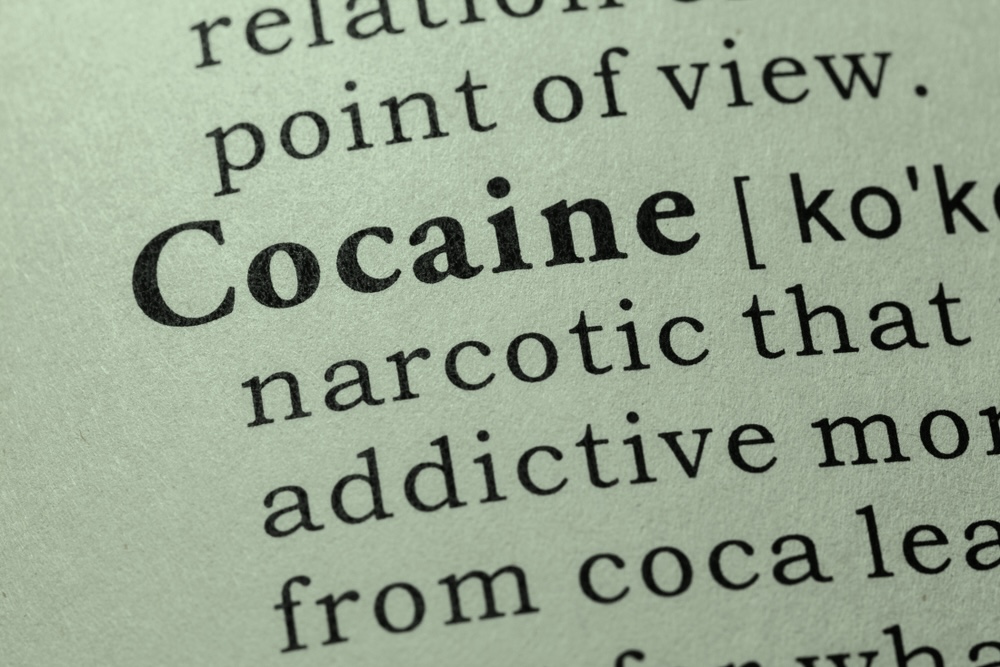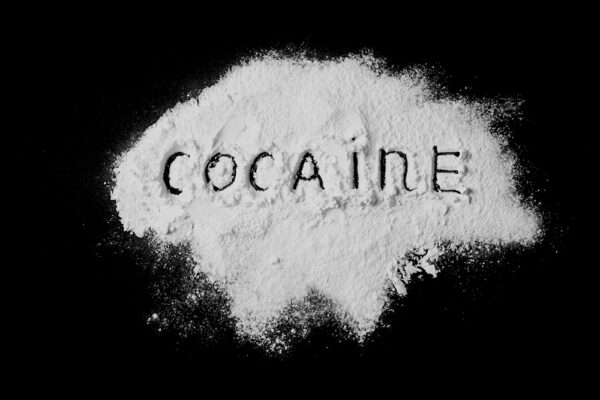Cocaine is one of the most commonly abused drugs worldwide. It is a powerful substance that negatively affects the body and mind. In fact, cocaine substance abuse is a major health issue in many countries.
However, there is often a question about whether cocaine should be classified as a stimulant or depressant. To understand this, we must first know what cocaine is and what it does to the body. It’s also important to learn how depressants affect the body so we can make a comparison.
What is cocaine?
Cocaine is a highly potent and addictive stimulant drug derived from the coca plant, primarily found in South America. It is known for its stimulating effects on the central nervous system, leading to a surge of energy, heightened alertness, and intense euphoria. Street names for cocaine include coke, blow, snow, and powder.
Cocaine can be consumed in various ways, including snorting the fine white powder, injecting, or smoking crack cocaine. This leads to feelings of pleasure, confidence, and increased heart rate and blood pressure. Due to its powerful effects, cocaine is classified as a Schedule II controlled substance in the United States, indicating a high potential for abuse and dependence.
Regular use of this highly addictive drug can lead to tolerance, where higher doses are needed to achieve the same effects, increasing the risk of addiction and adverse health consequences.
What is a depressant?
Depressants are a class of drugs that slow down the central nervous system (CNS), resulting in relaxation, sedation, and a decrease in anxiety. Depressants work by enhancing the effects of gamma-aminobutyric acid (GABA), a neurotransmitter that inhibits brain activity. This leads to a calming effect on the body and mind, making depressants commonly prescribed for conditions like anxiety, insomnia, and seizures. Examples of depressants include alcohol, benzodiazepines (e.g., Xanax, Valium), barbiturates, and certain prescription opioids.
While depressants can be beneficial when used as prescribed under medical supervision, misuse or overuse can lead to drug abuse, physical dependence, addiction, overdose, and severe withdrawal symptoms.
Is cocaine a depressant?
No, cocaine is not a depressant. Contrary to depressants, cocaine is classified as a potent stimulant drug that accelerates central nervous system activity. This results in increased energy, alertness, and euphoria. Cocaine can also increase blood pressure and heart rate.
Like other prescription stimulants such as Adderall and Ritalin, cocaine is often abused to enhance alertness and performance, stay awake, or lose weight. However, the effects of cocaine are much stronger and shorter-lasting than prescription stimulants.
What are the side effects of cocaine abuse?
The abuse of cocaine can result in a wide range of harmful side effects that impact physical health, mental well-being, and overall quality of life.
Short-term effects of cocaine abuse may include heightened alertness, increased heart rate, dilated pupils, elevated blood pressure, and reduced appetite. While these initial effects may seem desirable, prolonged use can lead to more severe consequences, such as insomnia, anxiety, paranoia, and even psychosis.
Long-term effects of cocaine abuse may include cardiovascular problems like heart attack or stroke, respiratory issues like chronic bronchitis and asthma, neurological damage causing seizures and movement disorders, and kidney damage resulting in kidney failure. In severe cases of cocaine overdose, it can also lead to coma, brain damage, and death.
In addition to physical and mental health consequences, cocaine abuse can negatively impact personal relationships, work performance, financial stability, and legal standing.
Individuals who struggle with cocaine addiction may face social isolation, legal issues related to drug possession or distribution, financial difficulties due to drug use, and challenges maintaining employment or academics.
Best cocaine addiction treatment in Lake Forest, Orange County, CA
Cocaine abuse is a serious and complex addiction that requires professional treatment for successful recovery. Zoe Behavioral Health, located in Lake Forest, Orange County, CA, can help you or your loved one break the cycle of cocaine addiction and achieve lasting sobriety.
Our evidence-based treatment approach combines medical care, therapy, and holistic practices to address the physical, psychological, and emotional aspects of addiction. We can customize a treatment program specifically tailored to your individual needs and provide ongoing support throughout your journey towards recovery.
Contact us today to learn more about the best cocaine addiction treatment in Lake Forest, Orange County, CA.


